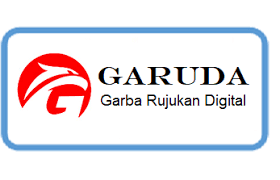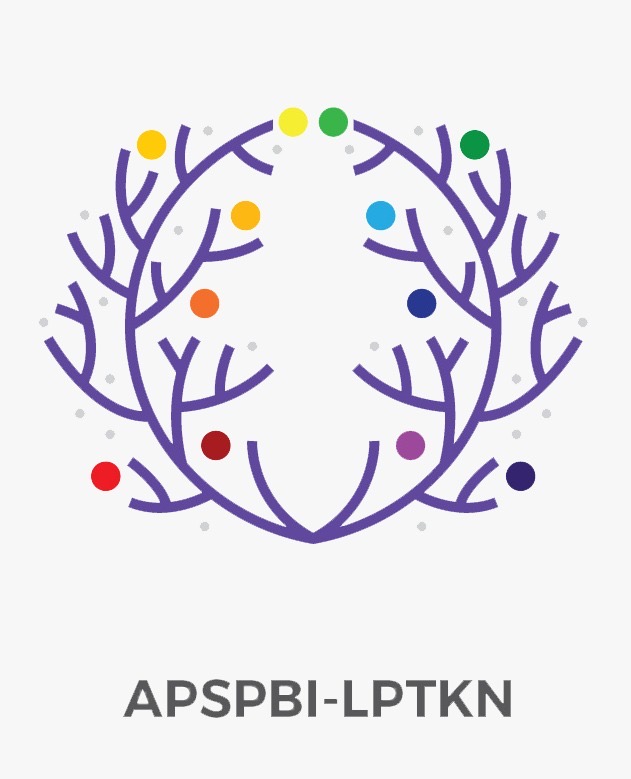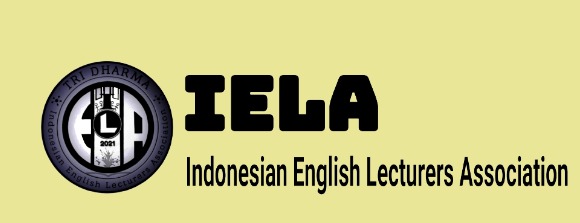USE OF SONGS IN TEACHING SIMPLE TOBE AND PAST TENSE TEACHING
 ),
),
(1) USE OF SONGS IN TEACHING SIMPLE TOBE AND
 Corresponding Author
Corresponding Author
Abstract
The purpose of this study was to see whether the use of English songs can improve students' understanding and mastery of Simple and Past Tense in affirmative sentences, denying and questioning sentences. And to prove that songs are also effective in increasing students' abilities in mastery ‘To Be’ Benefits of research. The results of the study are expected to be useful for researchers, students, lecturers and academics: Firstly, This research is expected to be useful for researchers to know precisely the conditions of the field, the problem of the learning process so that it becomes a reference in preparing before facing the actual conditions. Secondly, For students, the use of this method is expected to help them understand the lesson more easily and make them like English because the use of this method is fun. Thirdly, for readers, you will get information about the method of teaching English using English songs. Finally, Students can learn and understand the use of tobe in the present tense form and past tense and get new vocabulary through the song. Not only knowing the meaning of the words in the song. However, students can also understand the true meaning of the song they are listening to. Through question and answer that is done after students listen to the song, students are also asked to dare to say the answer according to the questions given. Besides that songs as authentic material can make classes interesting and fun, increase students' interest in learning, provide everyday language exposure that is generally not displayed in textbooks, and integrate several language skills at once. One thing that teachers also need to pay attention to is the discussion of cultural aspects when instructors use songs in the classroom. In this study we can conclude.
Keywords: Songs; Teaching; Simple Tobe; Simple Past Tense.
References
Brown, H douglas. 2004. Language Assessment. United Stated Of America: San Francisco State University.
Ismawati, Esti. 2011. Metode Penelitian Pendidikan Bahasa dan Satra. Surakarta: Yuma Pustaka.
Lorenzutti, N. (2014). Beyond the gap fill: dynamic activities for song in the EFL classroom.
Miarso, Y. 20041. Menyemai Benih Teknologi Pendidikan. Jakarta : Prenada Media.
Nurhayati. 2009. “Developing English Skills through Songs and Music”, The 2009 UAD TEFL National Conference (Proceeding).
Sari, R. 2009. “Teaching Grammar: Does It Need Extraordinary Teaching?”, The 56th TEFLIN International Conference (Program Book).
Suwartono. 2012. “Songs Helped Them Learn the English Connected Speech”,
Article Metrics
Abstract View : 2048 times
: 2048 times Download : 365 times
Download : 365 times
DOI: 10.36412/jellt.v4i1.939
Refbacks
- There are currently no refbacks.
Copyright (c) 2019 Journal of English Language and Literature Teaching









